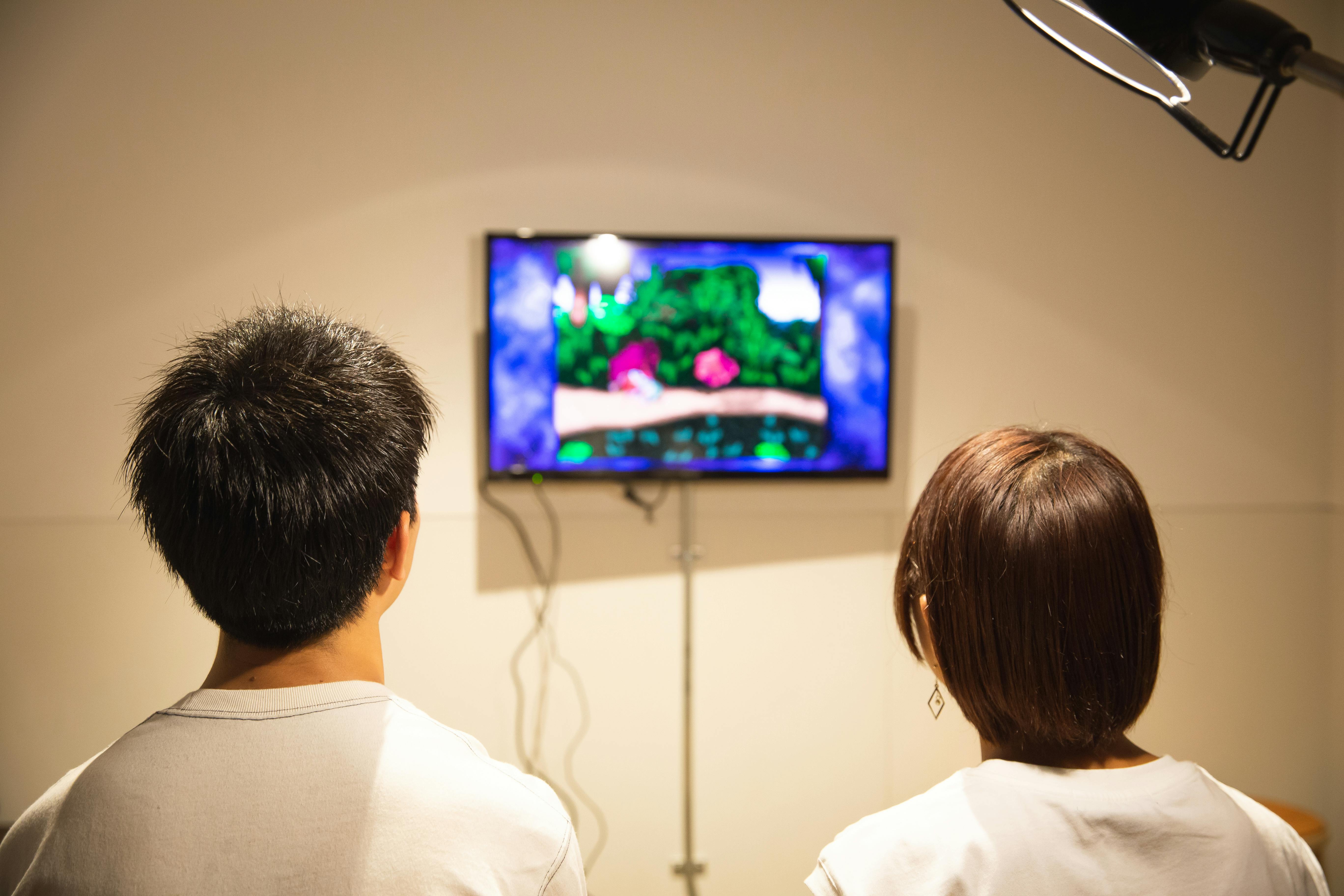Video Games and Mental Health: A Complex Interaction
In the world of interactive media, an emerging trend has been the exploration of mental health issues through video games. This subject is both delicate and significant, offering a novel way to discuss and understand such matters within the gaming community.

A History of Mental Health in Video Games
Video games have often tackled mental health in various capacities. The early years of gaming didn’t see much exploration of this subject due to technological limitations and a focus on casual, action-oriented content. However, as the medium evolved, so did its narrative capabilities. Games like Silent Hill 2 and Eternal Darkness touched on mental health themes, albeit indirectly, by using psychological horror elements as metaphors.
Recent Developments: A New Wave of Awareness
In recent years, the gaming industry has seen an influx of games explicitly addressing mental health issues. Groundbreaking titles like Hellblade: Senua’s Sacrifice, Celeste, and Sea of Solitude have centered their narratives around themes of psychosis, anxiety, and depression respectively. These games aim to portray mental health struggles authentically, breaking away from the often-stigmatized representations seen in traditional media.
The Impact: Breaking Stigma and Building Empathy
Games featuring mental health themes have a significant cultural impact, offering players a unique insight into the experiences of those living with mental health conditions. They have the potential to cultivate empathy, educate players, and challenge stereotypes. Additionally, the interactive nature of games can be used to provide coping mechanisms and therapeutic benefits.
Player Reception: A Mixed Bag
The reception to these games has been generally positive, but not without criticism. Some players praise these games for their brave and thoughtful depiction of mental health issues, while others feel they oversimplify or misrepresent these complex conditions. However, the overall trend points to a growing acceptance and demand for such games, indicating a shift in the gaming community’s perspective towards mental health.
The Future: The Potential and Challenges
The rise of games that tackle mental health issues signifies a maturing industry that’s willing to take risks and explore complex themes. However, the challenge lies in striking a balance between authentic representation and engaging gameplay. It’s crucial that these games are created with sensitivity, respect, and understanding, to ensure they contribute positively to the discourse around mental health.
In conclusion, the intersection of video games and mental health is a fascinating and complex area of exploration. As the gaming industry continues to evolve, we can expect to see more games tackling this subject, pushing boundaries, and challenging our perceptions. It’s a testament to the power of video games as a medium, where immersive storytelling and interactive gameplay can provide a unique platform for discussing and understanding mental health issues.




